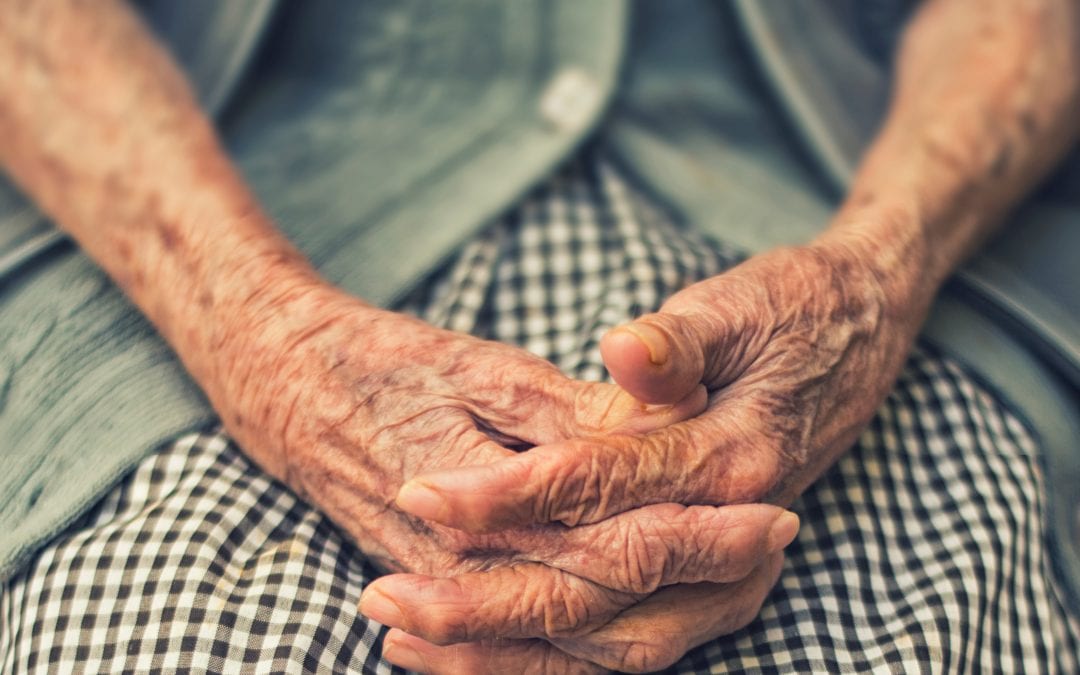Arthritis, or joint disease affects about 50% of all Americans over 65, according to the CDC. There are many different types of arthritis, but all of them have symptoms that include swollen, stiff, and painful joints. Arthritis can be painful to deal with, and in more severe cases, can affect daily life, and limit your ability to move your joints. While arthritis isn’t exclusive to the elderly, it is more likely to develop with age. There are a few ways you can work towards preventing arthritis. If you suffer from arthritis already, there are a few ways to care for your injured joints to ease the problem.
Types of Arthritis
There are over 100 different forms of arthritis. Your physician can help you identify which form of arthritis you have. The more common types include:
- Osteoarthritis – This is the most common form of joint disease. Osteoarthritis occurs when the cartilage in your joints thin and deteriorate, there is less mass between your bones. The bones begin to press or grind against each other, causing pain.
- Rheumatoid Arthritis – This is an autoimmune disorder where your body’s immune system reads healthy joint tissues as a virus, and attacks them. This damages the lining of your joints, causing swelling and inflammation.
- Psoriatic Arthritis – This is an inflammatory form of arthritis, commonly associated with psoriasis. Psoriasis is a skin disease that causes skin to become covered in red, scaly rash. Psoriatic Arthritis occurs when inflammation causes joints and the skin to inflame and swell. Paired with psoriasis, it can be painful and difficult to move joints.
Other forms of arthritis can affect the spine, ankles and other joints. Lupus is another form of autoimmune arthritis. Ankylosing spondylitis, which mainly affects the spine, reduces flexibility as the joints in the spine tighten up from inflammation. Gout is a form of arthritis that causes the buildup of uric acid in the joints that harden and crystalize.
Arthritis Prevention
Arthritis Prevention comes from working towards a healthier lifestyle, and letting your joints rest. Losing weight can help prevent joint problems, as added weight puts further stress on joints, especially in the hips, knees, and ankles. Athletes and people who work very physically demanding jobs often end up developing arthritis. This is a result of injuries to joints and ligaments, as well as repeated movements with the joints themselves. Repetitive motions such as jumping, lifting, running, bending and kneeling can wear down the cartilage that cushions your joints. Smoking can increase your risk of developing rheumatoid arthritis and can heighten symptoms of the disease. Smoking also limits physical activity and can weaken the immune system.
Arthritis Care
The best way to care for your arthritis is to talk to your doctor about your joint pain. This will give you a better chance of diagnosing the arthritis and working towards dealing with it. Talk to your doctor or physician before following these care tips, as everyone’s medical situation is unique. Common ways to care for your arthritis include:
- Hot/Cold treatments
- Over-the-counter anti-inflammatories or pain relievers
- Staying active
- Getting enough rest
- Eating healthier
- Eating anti-inflammatory foods, such as fatty fish or green, leafy vegetables.
- Taking prescriptions for your arthritis prescribed from your doctor.
Arthritis can be a lot to handle, especially for the elderly and disabled. If you or your loved one suffers from severe arthritis, consider hiring a home health aide for assistance around the house.
Safe Harbor Healthcare Services does not provide medical or healthcare advice via articles. This material has been prepared for informational purposes only, and is not intended to provide, and should not be relied on for medical advice.
Safe Harbor Healthcare Services has been providing excellent home care on Staten Island since 1967. Our services help the elderly and disabled live safely and independently; while giving their families the peace of mind they need. For more information contact Safe Harbor at (718)-979-6900.

